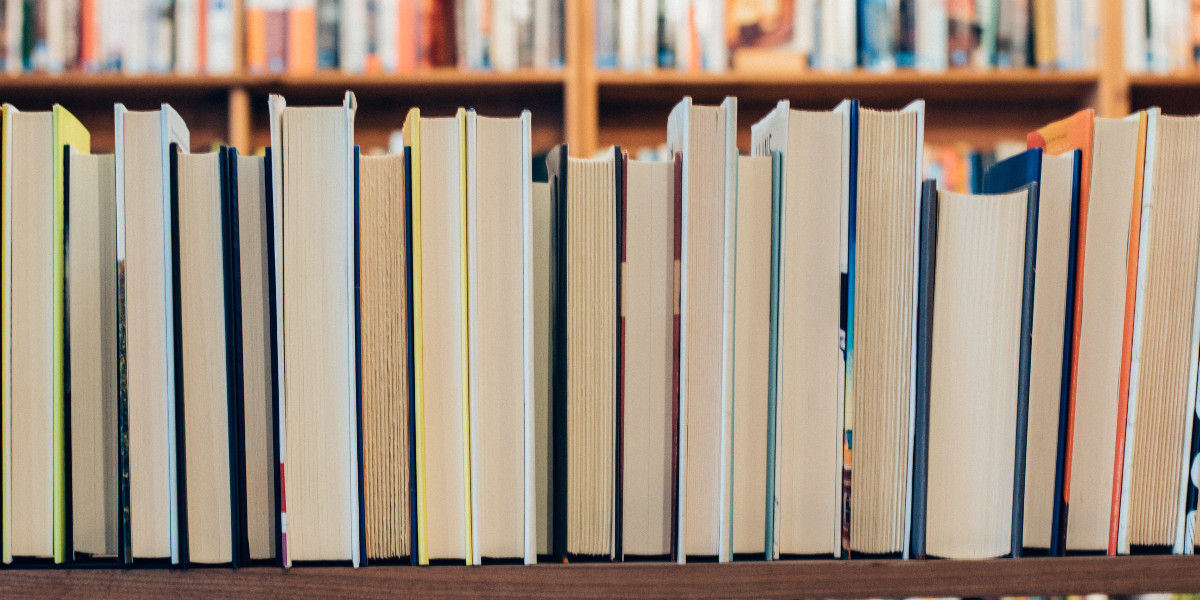U.K. Literary Festival Under Fire For AI-Generated Promotional Art

A U.K.-based literary festival has come under fire after it released AI-generated promotional artwork for its upcoming event. Bradford Literature Festival is one of the biggest events of its kind in the U.K., expecting over 70,000 visitors and hosting over 500 events between June 23 and July 2, 2023. Many big industry names are set to attend, but a shadow has been cast over the festivities as writers and illustrators alike have taken to Twitter to admonish the organizers for using obvious AI art to promote the event.
AI art has been a contentious point of discussion for months, as the programs used to produce said art scrape and steal from the work of thousands of artists without them being properly credited or compensated. The literary world has been affected by AI, too; multiple literary magazines have been overwhelmed with AI fiction submissions, and AI is one of the many reasons the Writers Guild of America is currently on strike as well. It’s a scary time for creatives in both fields.
A prominent organization like Bradford Literature Festival using AI art to promote its upcoming event has, as a result, been labeled as selfish, irresponsible, and destructive to writers and artists alike. Emma Reynolds, an author/illustrator on Twitter, rightfully called out BLF for its use of AI and the damaging message it sends to those the festival and its promotional artwork are supposed to champion.
To defend themselves, BLF replied that “Our creative agency, Lazenby Brown, used AI for early source images which their digital artist then augmented to create our beautiful new artwork. We believe that these images fully reflect our inclusive ethos, our city and its people. We choose to work directly with illustrators, and a huge range of creative individuals from across the globe, to share, amplify and develop creative discussion and inclusion.” But this response understandably added more fuel to the fire, as the published artwork was rife with egregiously obvious errors, including wonky feet, partial books, and a headscarf melting into headphones.
If, as BLF claims, a digital artist augmented AI-generated images to create new artwork, why not just hire working artists to create entirely original illustrations in the first place, artists who actually represent the inclusivity they claim to want to champion? Why would you alienate so much of your audience by using technology designed to make their professional lives so much harder? One freelance artist, Chris Mould, who was supposed to host an event during this year’s BLF, took to Twitter to announce his decision to pull out of the festival as a result of the organization’s use of AI.
The outcry over Bradford Literature Festival’s decision to use AI-generated art is promising; plenty of authors, artists, readers and consumers alike have expressed their disappointment. But it sets a bad precedent when an organization that is supposed to be all about promoting, protecting, and encouraging creative careers didn’t stop to think about the consequences of using AI themselves, especially when there’s no real way of predicting what happens next.
(via The Bookseller, featured image: Jessica Ruscello on Unsplash)
Have a tip we should know? tips@themarysue.com